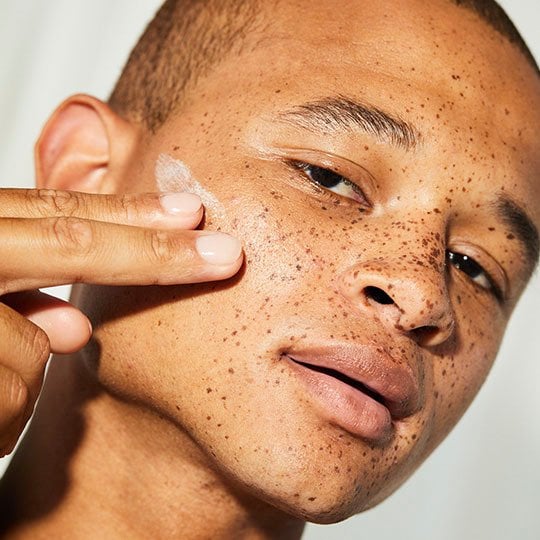Skin Care Combinations That Don't Play Well Together
August 31, 2017
When it comes to your products, not every ingredient plays well with others. “Women may be unknowingly sabotaging their efforts by mixing certain ingredients together,” Engelman explains. “For example, glycolic acid is rendered inactive by water so always apply to dry skin.” To find out the other skin care ingredients to never combine, keep reading.
Vitamin C and Alpha-Hydroxy Acids (AHAs)
“Overloading your skin with too many acid based-ingredients—both vitamin C and AHAs are acid-based—increases your chances of skin irritation,” Engelman explains. “Some AHAs even come with instructions to wash it off after a certain amount of time so that the skin can accommodate and tolerate it.”
Vitamin C and Copper Peptides
“When copper peptides are used with vitamin C, the effects of each are cancelled out, rendering the benefits useless,” she says.
Retinol and Benzoyl Peroxide
“Retinol and benzoyl peroxide can help ward off acne and prevent the formation of new blemishes, but when used simultaneously, they can counteract each other’s benefits,” Engelman warns. “Both are drying, exfoliating, peeling agents, and when they’re mixed together, they can cause skin irritation.”
Retinol and AHAs
When using retinol plus AHAs it’s best to proceed with caution. “It’s okay to use both as long as you are not too sensitive to the combination. Most women with sensitive skin need to alternate, applying the AHA in the morning and retinol at night for the first few weeks so a tolerance can be built. If you’re using either a retinoid or AHA, it’s essential to use a daily sunscreen as well, since both cause UV sensitivity,” she says.
If in doubt always consult with your dermatologist and follow the product instructions.




.jpg?cx=0.490000009536743&cy=0.540000021457672&cw=150&ch=120&blr=False&hash=0B0F55675A6B9FE3724F6E2EC9118A01)









.jpg?cx=0.490000009536743&cy=0.540000021457672&cw=150&ch=120&blr=False&hash=5E78490B76BBC8CC9D76D2EBDFF515E0)










